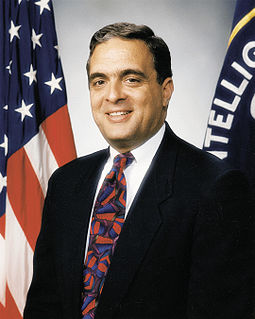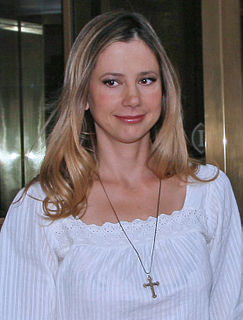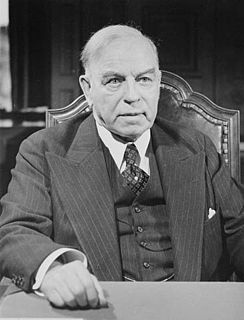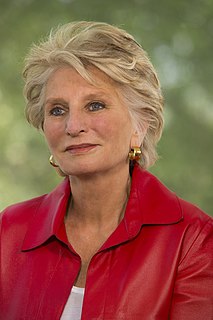A Quote by Bernie Sanders
The Cold War is over. And our focus has got to be on intelligence, increased manpower, fighting internationally targets.
Related Quotes
As a nation we have, over the past seven years, been rebuilding our intelligence with powerful capabilities that many thought we would no longer need after the Cold War. We have been rebuilding our clandestine service, our satellite and other technical collection, our analytical depth and expertise.


































